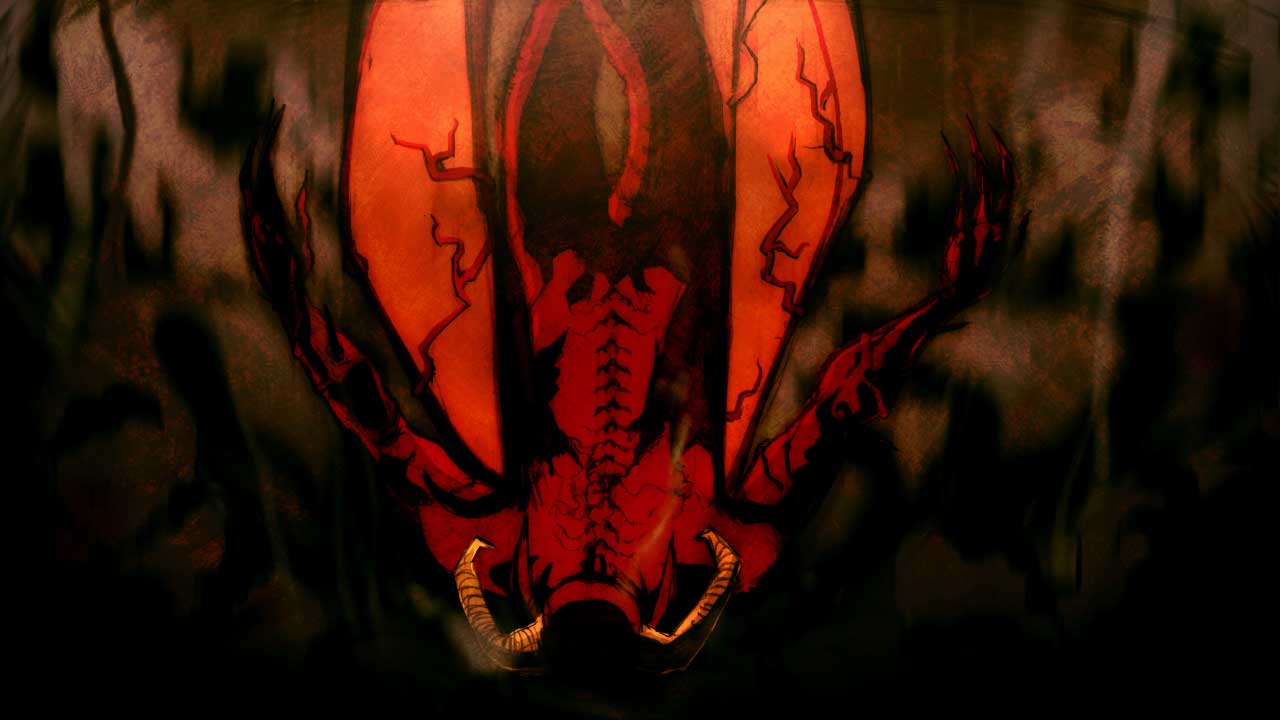

Some of the most interesting of these focus on the relationship between Dante’s unique form of justice and the traditional, biblical sense of justice.


As is to be expected with such a complicated concept, many interpretations of this interplay between sin and punishment have been proposed. In fact, Dante scholar Lino Pertile notes, “the ways in which works in the narrative are as many as the sins, if not as many as the sinners, to which it is applied” (70-73). These punishments, however, are rarely simple or obvious and are usually metaphorically rather than literally related to their respective sins. It is the one “law of nature” that applies to hell, stating that for every sinner’s crime there must be an equal and fitting punishment. Contrapasso is one of the few rules in Dante’s Inferno.


 0 kommentar(er)
0 kommentar(er)
